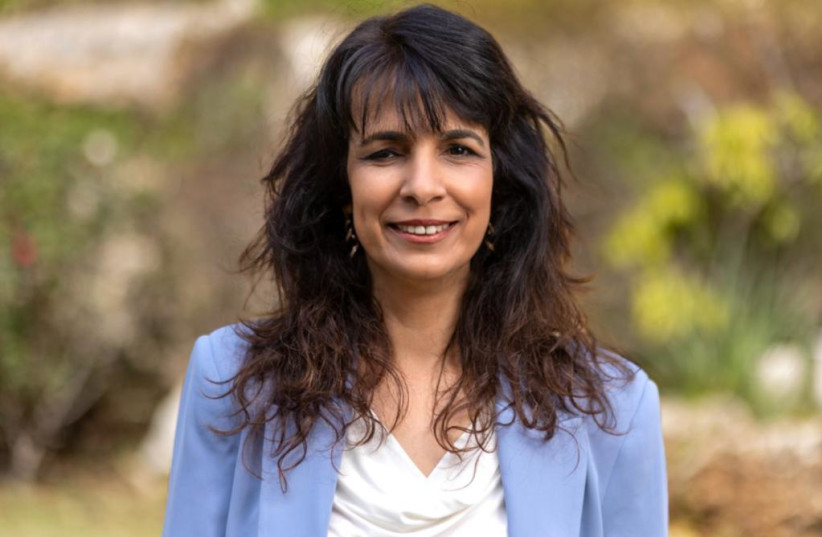Arguments for Google’s liability in the publishing and algorithmic promotion of terrorist propaganda on its YouTube platform are set to be heard before the US Supreme Court on Tuesday, in a case that could fundamentally alter the Internet by challenging Section 230.
Gonzalez v. Google centers on the contention that YouTube’s algorithms engendered the radicalization and recruitment of Islamic State members and affiliates, ultimately making the social media platform liable for attacks like the November 2015 Paris ones that cost the lives of 130 people including the petitioners’ daughter, Mexican-American college student Nohemi.
The case touches on a core legal article for the Internet, Section 230, which says that social media platforms and other interactive computer services are considered not liable for content posted by their users.
“No provider or user of an interactive computer service shall be treated as the publisher or speaker of any information provided by another information content provider,” reads the article.
The law also allows the platforms to moderate egregious content in good faith.

The petitioners have argued that Google’s algorithms promote and suggest content to users based on similar videos, aiding in exposure to Jihadist content. Besides this alleged material support of a terrorist organization, the Gonzalez legal team also argued that Google gained ad revenue from such terrorist content, and had not taken enough measures to prevent the Islamic State from using YouTube.
The huge media company has argued that while it doesn’t have the capacity to review all content, it has employed automatic flagging and personnel to counter such content. It further contends that the petitioners have been unable to link the Paris attack directly to Google, saying that the connection rests on one of the attackers’ use of the platform, but it could not be proven that he had been radicalized on YouTube. Their algorithms, they also argue, are neutral automated tools.
A David vs Goliath showdown on runaway Internet immunity for social media giants
“There has been an unprecedented amount of amicus briefs filed from both sides,” said Nitsana Darshan-Leitner, president of the NGO Shurat Hadin, which represents terrorism victims in legal action and has been aiding the Gonzalez family. “The hearing is really shaping up to become a massive David vs. Goliath showdown over the issue of the runaway internet immunity shielding the social media giants.”
A wide array of organizations and companies have submitted briefs in support of Google, warning that the consequences of abolishing or damaging Section 230 could drastically hinder online creators, commentary and social engagement. This includes technology companies like Microsoft and Wikimedia, and even dating app giant Match.com.
Social media platforms like Reddit, Meta and Twitter have also filed briefs.
Meta faced similar cases contending that their platform Facebook was liable for online terrorist propaganda, such as the 2019 Force v. Facebook case. Shurat Hadin had helped represent the family of American veteran Taylor Force in this case, who was killed by Hamas terrorists.
They argued that Facebook provided a communication platform for such attacks. The second circuit court of appeals ruled that Section 230 protected Facebook from liability.
Twitter on Wednesday will face a companion case before the Supreme Court, Twitter v. Taamneh, which allege that the platform provided similar social media support to ISIS terrorists who committed an attack in Turkey.
"Big Tech mustered all it’s legions of shareholders and allies to submit pleadings that will maintain its abilities to ruthlessly make billions in profits and be accountable to no one. Many of the submissions are alleging the case is going to ‘break the internet’ and end free speech in America."
Nitsana Darshan-Leitner
“Big Tech mustered all its legions of shareholders and allies to submit pleadings that will maintain its abilities to ruthlessly make billions in profits and be accountable to no one,” said Darshan-Leitner.
“Many of the submissions are alleging the case is going to ‘break the internet’ and end free speech in America.”
Many organizations had also submitted briefings in support of the Gonzalez family or were in line with their arguments.
Dozens of states, senators and congresspeople filed briefs attacking Section 230’s overreach and brought applications on the federal level.
“There is so much at stake and we are happy so many organizations and academics as well as Israeli generals filed briefs in support of the terror victims’ position as well,” said Darshan-Leitner.
Beatrice Gonzalez told The Jerusalem Post that she was seeking justice for her daughter and everyone else impacted by online terrorist action.
